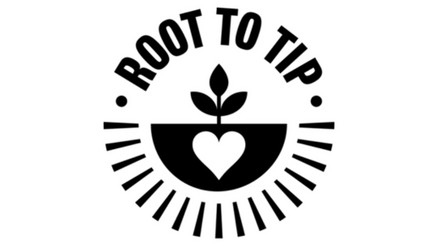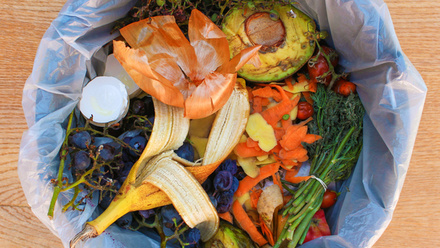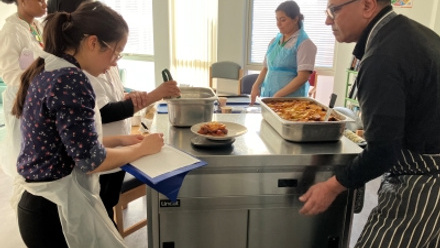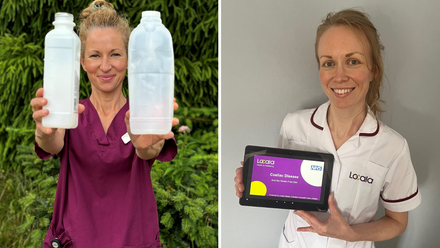
With food prices on the rise and 74% of households citing food costs as a cause for concern within their household budget it has never been more important to make the most of the food we are buying. In addition to costs, the environmental impact of throwing away food is also huge.
Globally, the production of food accounts for up to 37% of greenhouse gas (GHG) emissions and requires significant resources including land, energy and water. Shockingly up to 40% is wasted though.
In the UK, over 70% of UK food wasted (post-farm gate) comes from households, this is equivalent in value to over £14 billion a year and 25 million tonnes of GHG emissions. WRAP, a climate action NGO, says that globally if food waste were a country it would be the third largest emitter of greenhouse gas emissions (GHGs) after China and the USA.
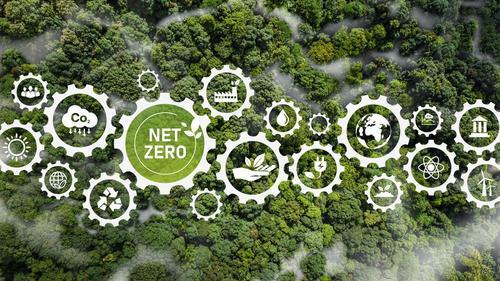
The numbers
- The UK on average throws away 4.5 million tonnes of edible food and drink each year
- This equates to 244 kilograms per household, excluding inedible parts
- Or £730 per average household with children
- 20 million whole slices of bread are thrown away every day by UK homes
- 4.4 million whole potatoes are thrown away
- 3.1 million glasses’ worth of milk are thrown away
*Data from food- surplus-and- waste-in-the- uk-key-facts-oct-21.pdf (wrap.org.uk)
What is the BDA doing at a local level?

Together with Merseyside Waste and Recycling Authority we are working to help combat this issue. With the support of funding, which we’ve now received for our second year, we have developed the Waste Warriors project, which aims to give the residents of Merseyside the skills, tools and knowledge to help reduce their avoidable food waste.
This year we’re going to be working with 15 community-based, waste saving cookery clubs, which will be operational in schools, community centres and Your Local Pantries across the 6 districts of Merseyside, building a network to support communities with their waste saving.
We are committed to training 20 Waste Warrior Champions who will run sessions in their local communities, working with up to 3020 beneficiaries in total. Sessions will focus on sharing skills to cook from scratch, while giving key hints on how to reduce household food waste by planning, shopping smart, portion control, use of leftovers, knowing dates and how to store food correctly.
We will be working for the first time with Your Local Pantry, which operate as membership food clubs and neighbourhood hubs. Pantries soften the blow of high living costs and create the conditions for communities to grow and thrive, by bringing people together around food. They improve health, wellbeing and household finances, prevent waste and hunger, and crucially build dignity and agency.
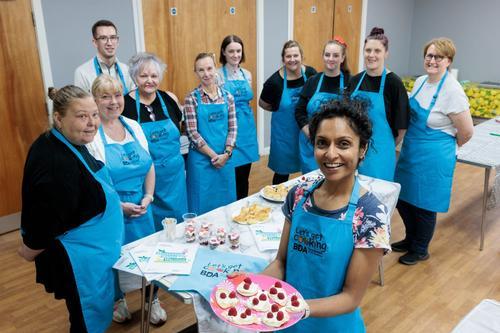
The small behavioural changes we will foster in this project will contribute towards a positive impact on health, household budgets and the environment, saving up to 203 tonnes of food waste in total.
Last year’s project, which you can read about here. The project had some incredible results including:
- A reduction in household food waste by 3 tonnes
- This is the equivalent of 1.82 Tonnes of CO2
- 2987 individuals were directly engaged with the programme
The post project results indicated changes in participant’s behaviour, with families commenting that they felt more confident in using leftovers.
Feedback indicated that the participants had loved attending the courses and would love to do it again, with key highlights being how to make the most of their food, stretching budgets whilst reducing waste and contributing to sustainability. They also loved the social benefits of cooking and eating together, forming new friends and improving their mental health.
The cost of living was a major influencing theme during the project and will continue to be as budgets are stretched even further this year. As people and communities face more financial hardships the sessions teaching people how to waste less, and save money are invaluable as a support mechanism for those families suffering the most.
Legacy is also an important factor in the project. All the skills and resources shared are transferable, not only affecting those beneficiaries taking part in sessions first hand, but also getting passed on to friends and family members.
Top tips from our Waste Warriors (feel free to share with your communities)
- Plan a weekly menu and write a weekly shopping list
- Always check your fridge and store cupboard before you shop
- Know your use by dates
- Freeze fresh items that you can’t use in time
- Store food correctly in the right place at the right temperature for the right length of time
- Keep your fridge at/below 5 degrees C
- Keep your freezer below -18 degrees C
- Measure out cereal, pasta and rice
- Batch cook and freeze once a week
- Make a meal each week from leftovers
- Use up leftovers for lunch/ a meal the next day


